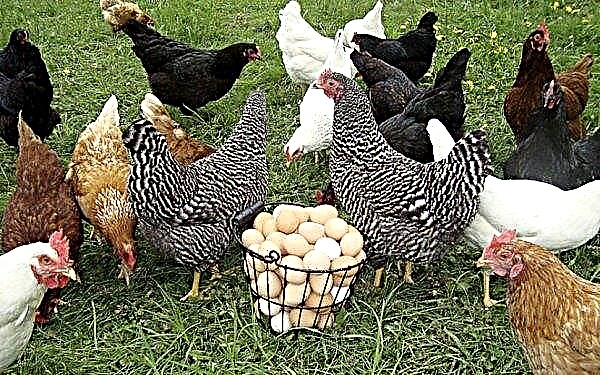Farmers are encouraged to be vigilant and knowledgeable in the face of increasingly sophisticated levels of fraud and cyber attacks on the agricultural industry.
Small and medium-sized farmers are most exposed to this danger, because they are focused on certain periods of the year and scammers know that they have large revenue streams.
Criminals stole £ 1.2 billion as a result of fraud in 2018, when private individuals and businesses became victims of a number of fraudsters. Banks and card companies prevented the loss of 1.68 billion pounds as a result of unauthorized fraud last year.
HSBC UK, the UK-based international banking and financial holding company, called on farmers to be vigilant and said that this “very real threat” comes in many forms and can be “destructive.” HSBC warns farmers to fall victim to four types of fraud.
Compromise of business email. A fraudster pretends to be another person and sends an email to the company's payment department to convince the department to make an urgent payment or change account information. Text and phone scams. Phishing phone calls (“vishing”) and fraudulent texts (“smishing”) are cheap and easy attacks. Both can lead to theft or fraud.
Malicious software: only some of the threats include viruses, Trojan horses, bots, adware, and ransomware. Malicious programs can enter the system through infected equipment. Phishing scammers remain hidden for the time being among regular programs. Phishing emails look real and apparently from legitimate senders to encourage people to click on malicious links or attachments - to steal money or data.












